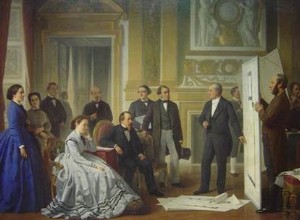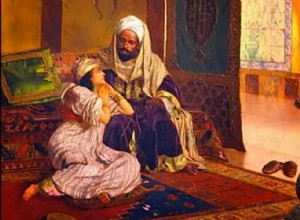Talleyrand He was one of those men who clung to power and did not detach himself from it until he died, a man who managed to have enormous power without having the responsibilities of being the leader of a government, but rather his greatest and closest adviser. Born into a noble family who claimed




